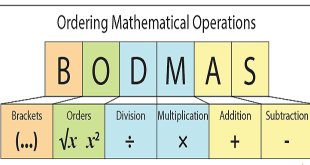Learning management systems (LMS) are software tools that help businesses, schools, and other organisations efficiently manage their learning processes. Thanks to an LMS, you can streamline training processes and create better learning experiences for your employees or learners. It also makes it easier for learners to track the progress of their performance and certificates. An LMS is a type of enterprise software that supports the digital needs of organizations with a training department or those looking to implement one. In this article, you will learn what an LMS is and how it can improve your organisation’s performance in terms of employee training and development.
What Is a Learning Management System?
A learning management system (LMS) is a web-based platform used to deliver, track, and manage employee training and development activities. LMS software is used by large organisations to manage the online training activities of their learners. With an LMS, they can create and publish online courses, assign virtual badges, record attendance, and generate reports. LMS comes with many features that allow it to streamline training and development processes. An LMS portal is one of the most common software tools used in corporate training and development. Every organisation uses an LMS in one way or the other. Whether it’s software for employee training or for students, LMS is an all-in-one solution that manages the entire process from start to finish.
Why Use an LMS?
There are many benefits to using an LMS. It can also help improve engagement with the tools they need to grow and succeed. Finally, an LMS portal can make it easier to track learner progress and measure outcomes, which can be helpful when communicating with senior leadership.
How to Choose the Right LMS?
There are many considerations you should make when selecting an LMS. When selecting an LMS, it’s important to think about the following:
- Scalability of the system: How many users will be included in the system? What kind of scalability is there for more users?
- Ease of use: Are the features easy enough for non-technical users to use?
- Extensibility: How easily can the system be integrated with other systems? How easy is it to create connections with other systems?
- Integration with other systems: How easily can the LMS integrate with other systems like an HR system or other LMS?
- System reliability: Can the system be relied upon as a core part of the business?
- Reporting and analytics: How easy is it to generate reports and track user data?
- Security and privacy: Is data safe and secure?
Wrapping Up
An LMS is an essential tool for any organisation that engages in training and development. It can help to improve the learner experience by providing a rich, engaging environment that’s tailored to each individual. Consider implementing an LMS to make your job of managing the training and development of learners.





